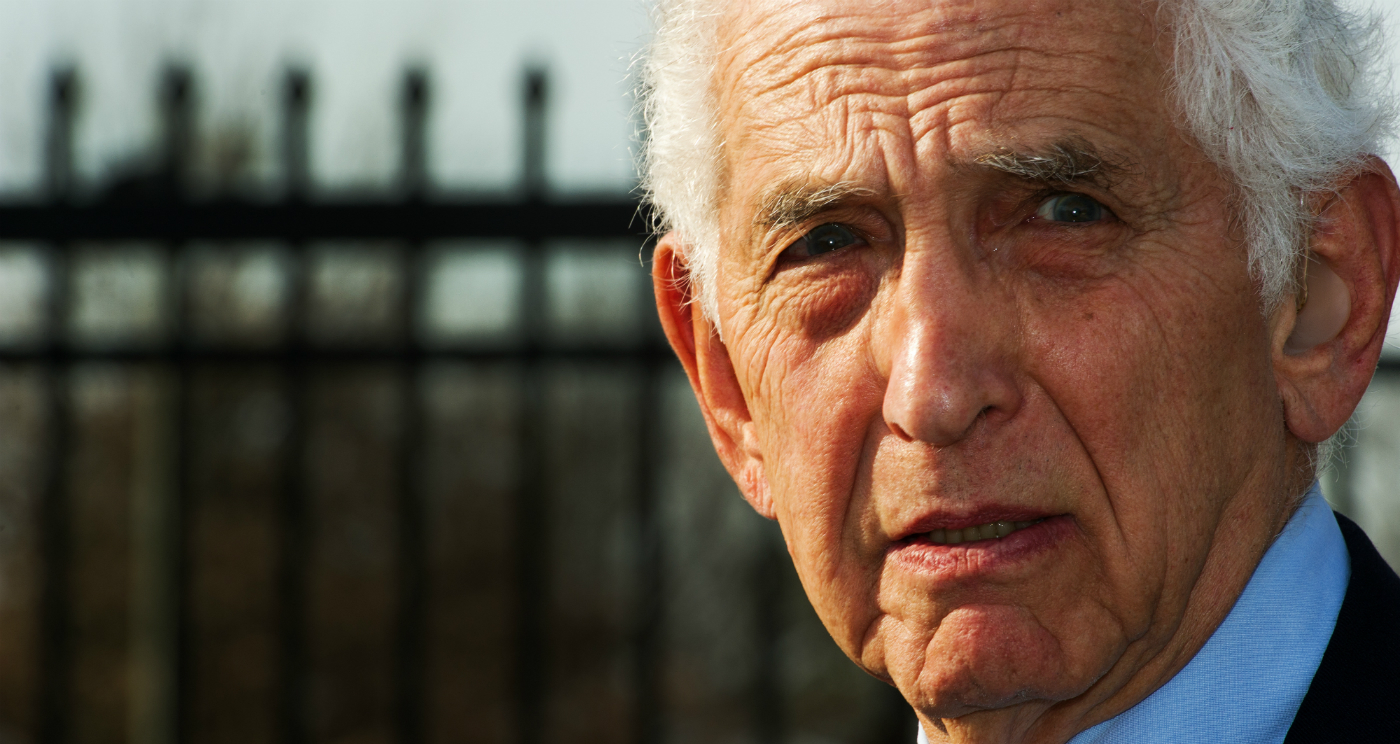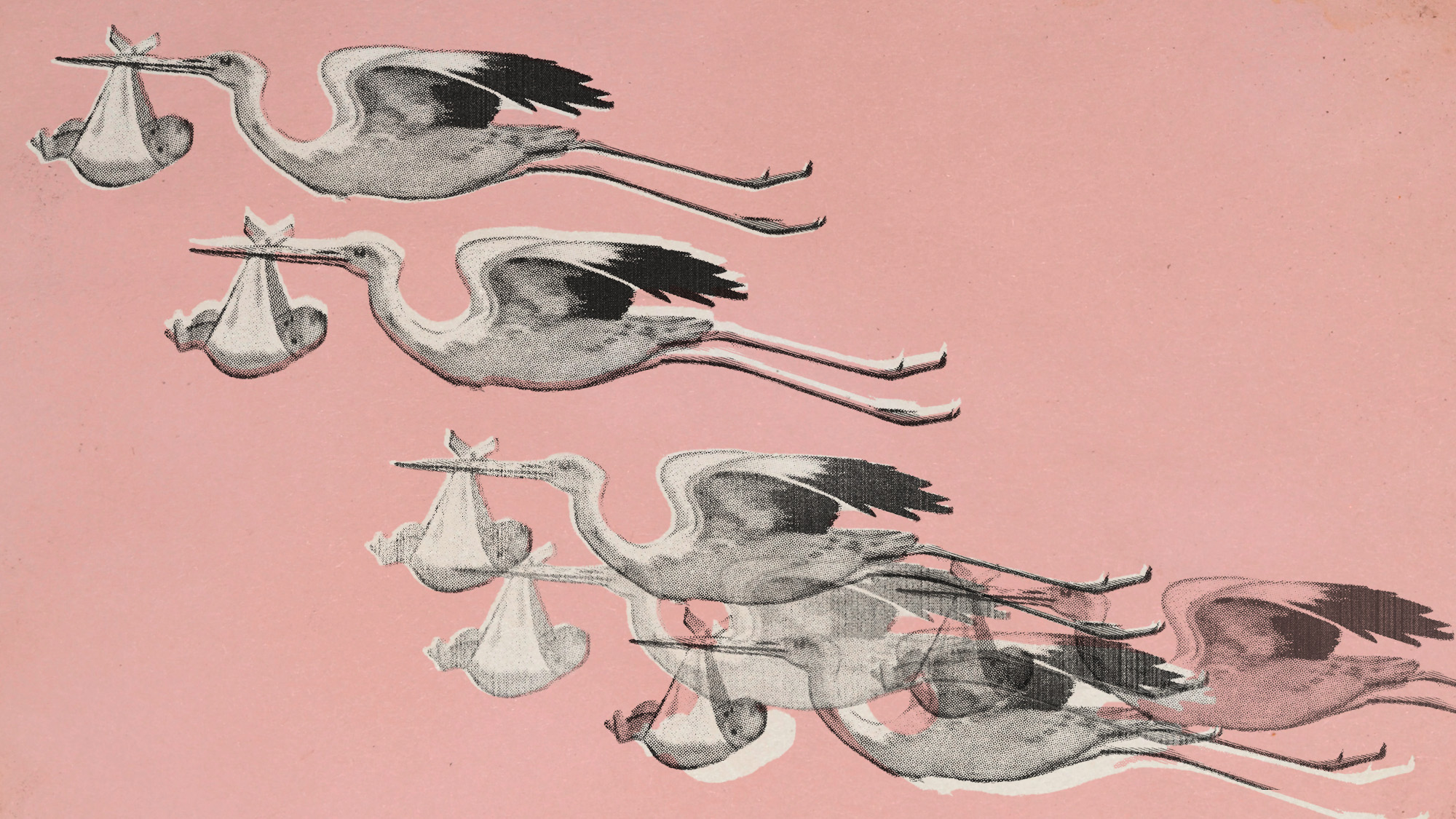The true story of The Post: how the Pentagon Papers exposed America’s role in Vietnam
New Steven Spielberg film The Post tells story behind the 1971 intelligence leak that exposed governments’ lies

A free daily email with the biggest news stories of the day – and the best features from TheWeek.com
You are now subscribed
Your newsletter sign-up was successful
The gripping story behind the 1971 leak of the infamous Pentagon Papers, which revealed a massive US government cover-up spanning four presidents and three decades, is revealed in a new film by Steven Spielberg.
Starring Meryl Streep and Tom Hanks, thriller The Post premiered yesterday in Washington DC, about a mile from the headquarters of the newspaper where much of the action is set.
Rolling Stone calls the film “one of best and tick-tock timeliest movies of the year”; a film that celebrates the “passionate bond between a free press and every thinking human being”.
The Week
Escape your echo chamber. Get the facts behind the news, plus analysis from multiple perspectives.

Sign up for The Week's Free Newsletters
From our morning news briefing to a weekly Good News Newsletter, get the best of The Week delivered directly to your inbox.
From our morning news briefing to a weekly Good News Newsletter, get the best of The Week delivered directly to your inbox.
The movie opens across the US on 22 December, and in UK cinemas on 19 January. But what are the Pentagon Papers and what did they reveal?
What are the Pentagon Papers?
The 3,000-page narrative and 4,000 appended documents summarised the history of the US in Indo-China from the Second World War up until May 1968.
Crucially, the papers “disclosed that successive US presidents – from Harry Truman to Lyndon Johnson – had repeatedly misled voters about the war in Indo-China”, according to The Daily Telegraph.
A free daily email with the biggest news stories of the day – and the best features from TheWeek.com
They were commissioned in 1967 by then-US secretary of defence Robert S. McNamara, and leaked to the media by Daniel Ellsberg, a military analyst and research associate at the Massachusetts Institute of Technology’s Center for International Studies.
The Post in Spielberg’s film title refers to The Washington Post, whose journalists scrambled to expose the cover-up, along with reporters from The New York Times. The movie chronicles the newspapers’ legal battle with the US government to publish material that the administration wanted to remain top secret.
What did the papers reveal?
Significantly, the papers showed that Harry S. Truman’s administration provided military aid to France in its war against the Communist-led Viet Minh independence coalition, directly involving the US in Vietnam.
They revealed that in 1954, president Dwight Eisenhower prevented a communist takeover of South Vietnam, and set out to undermine the North Vietnam communist regime.
The papers also revealed that president Lyndon B. Johnson intensified warfare against North Vietnam, and ordered bombing in 1965, and that he covertly expanded military operations into Cambodia and Laos despite telling Americans that “we seek no wider war”, according to Encyclopaedia Britannica.
“Never before had voters been given such direct proof that they were being lied to,” says The Daily Telegraph.
In a TV interview in 1971, whistle-blower Ellsberg told CBS News anchorman Walter Cronkite that the US was to blame for the Vietnam War. The US “now bear the major responsibility, as I read this history, for every death in combat in Indo-China in the last 25 years”, Ellsberg said, according to the US News and World website.
-
 Political cartoons for February 15
Political cartoons for February 15Cartoons Sunday's political cartoons include political ventriloquism, Europe in the middle, and more
-
 The broken water companies failing England and Wales
The broken water companies failing England and WalesExplainer With rising bills, deteriorating river health and a lack of investment, regulators face an uphill battle to stabilise the industry
-
 A thrilling foodie city in northern Japan
A thrilling foodie city in northern JapanThe Week Recommends The food scene here is ‘unspoilt’ and ‘fun’
-
 Why Vietnam is dropping its two-child policy
Why Vietnam is dropping its two-child policyUnder The Radar Relaxation of family limit to boost birth rates – but 'baby boom' not certain
-
 Cambodian pork and rice recipe
Cambodian pork and rice recipeThe Week Recommends This street-food dish is traditionally eaten for breakfast, but makes a delicious dinner, too
-
 A motorbike ride in the mountains of Vietnam
A motorbike ride in the mountains of VietnamThe Week Recommends The landscapes of Hà Giang are incredibly varied but breathtaking
-
 Puppet shows, pagodas and pho: a guide to Hanoi
Puppet shows, pagodas and pho: a guide to HanoiThe Week Recommends Vietnam's capital city blends the ancient with the new
-
 8 new cookbooks for a delicious fall
8 new cookbooks for a delicious fallThe Week Recommends With a big ole emphasis on baking. Because it is the season.
-
 8 new cookbooks ready to make your summer hum
8 new cookbooks ready to make your summer humThe Week Recommends The most special of Vietnamese food, Italian American baking for all and a primer on turning beloved cocktails into freezer versions of themselves
-
 6 queer poets to read whenever but especially now
6 queer poets to read whenever but especially nowThe Week Recommends April is National Poetry Month
-
 Spring forward this March at these 6 delightful hotels
Spring forward this March at these 6 delightful hotelsThe Week Recommends Celebrate the return of spring at luxe properties in the Bahamas, Marrakech and Barcelona